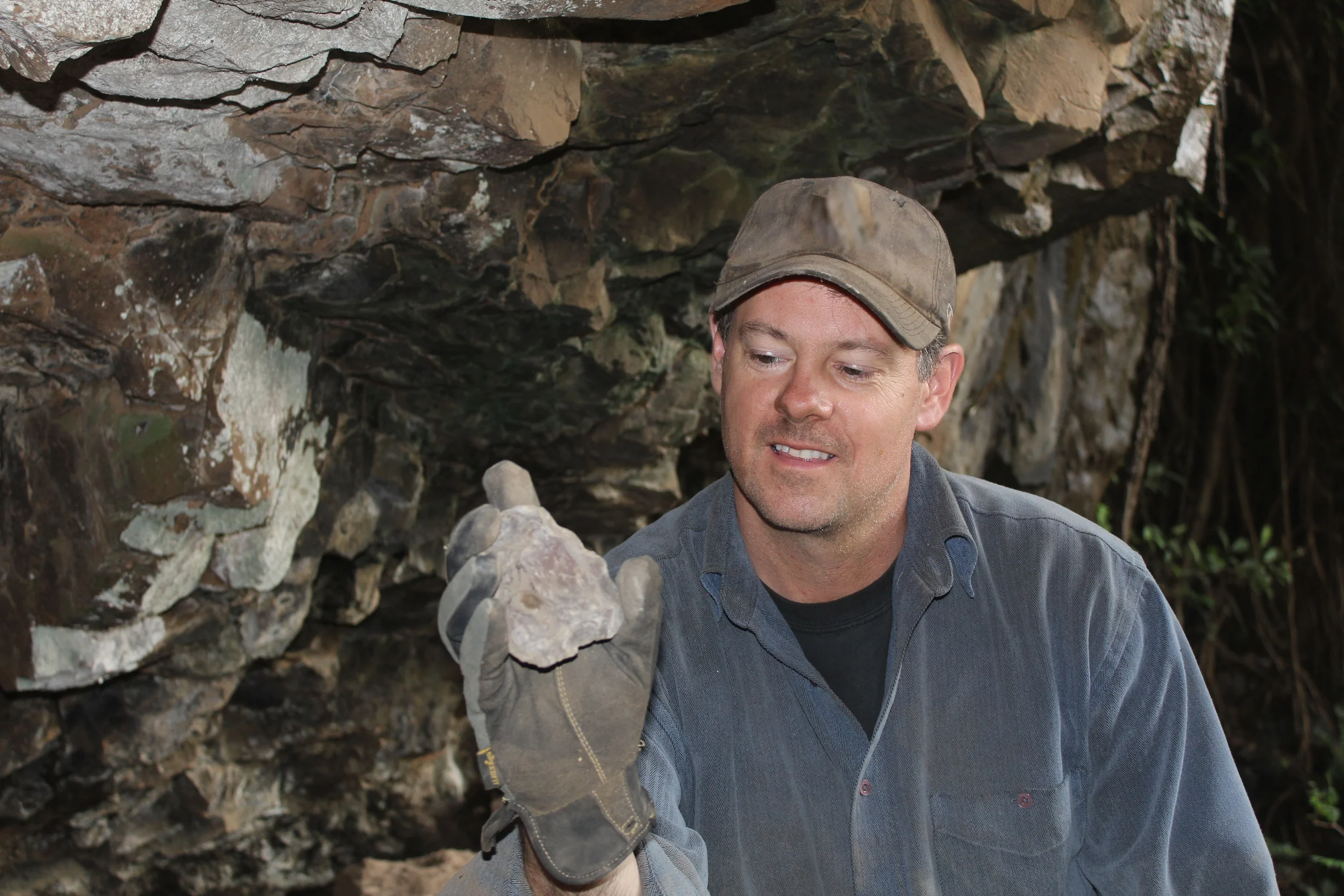





Matthew C. Curtis, Ph.D.
Anthropological Archaeologist, Founder and Director of Eastern African Archaeology Online
Matthew (Matt) Curtis is a broadly trained anthropological archaeologist with a specialization in the Holocene archaeology of Eastern Africa and an university and college lecturer in anthropology and African studies. For over 20 years he has carried out anthropological research in Eastern Africa, with a particular focus on the archaeology of Eritrea and Ethiopia.
Matt earned a B.A. in anthropology from the University of California, Santa Barbara and a M.A. and Ph.D. in anthropology from the University of Florida, where he held a Foreign Language and Area Studies (FLAS) Fellowship and earned a certificate in African Studies. In 1999 he was awarded a Fulbright Fellowship for research and teaching and co-directed archaeological survey and excavation projects in Eritrea, including the Greater Asmara Regional Archaeological Survey Project (GARASP). He is co-author (with P. R. Schmidt and Z. Teka Haile) of The Archaeology of Ancient Eritrea, which won the 2008 Society of Africanist Archaeologists' Book Award.
Since 2005 Matt has worked in the Gamo highlands region of southern Ethiopia, where he has been a co-principal investigator (with K.W. Arthur and J. Arthur) of an U.S. National Science Foundation-funded archaeology and ethnoarchaeology research project.
Since 2017 Matt has led the UCLA Shire Archaeology Project’s (W. Wendrich and R. Moy, directors) regional archaeological survey in western highlands of Tigray, Ethiopia.
Matt spends much time teaching and lecturing in anthropology and African studies and has taught at a number of universities and colleges in the U.S. and Africa, including the University of California, Santa Barbara, the University of Florida, the University of Asmara in Eritrea, UCLA Extension, California State University Channel Islands, College of the Canyons, and Ventura College.